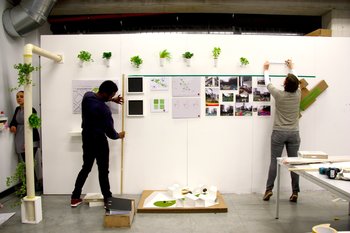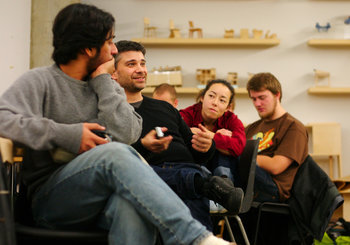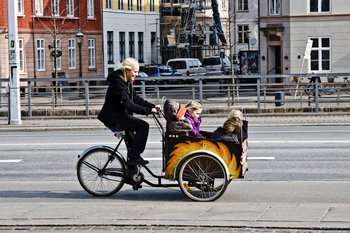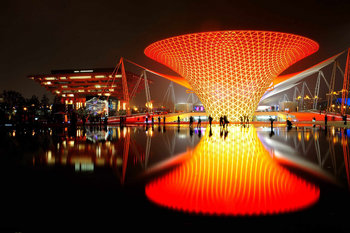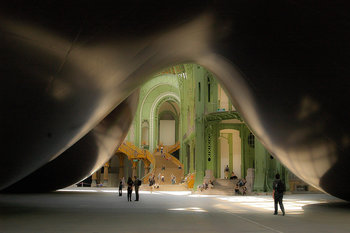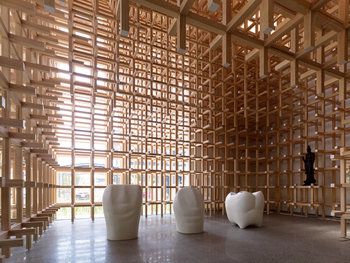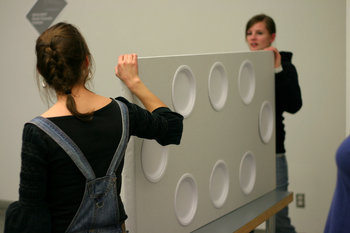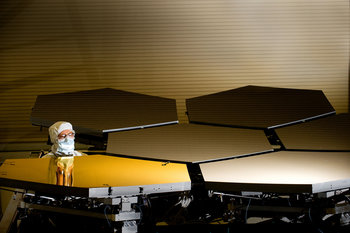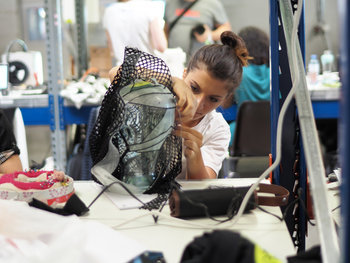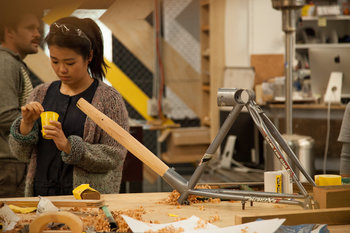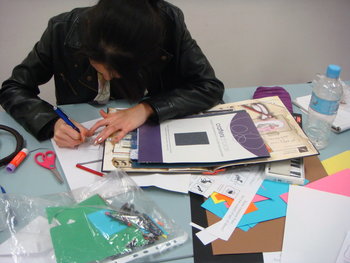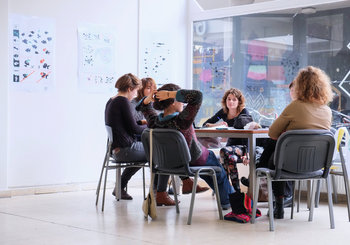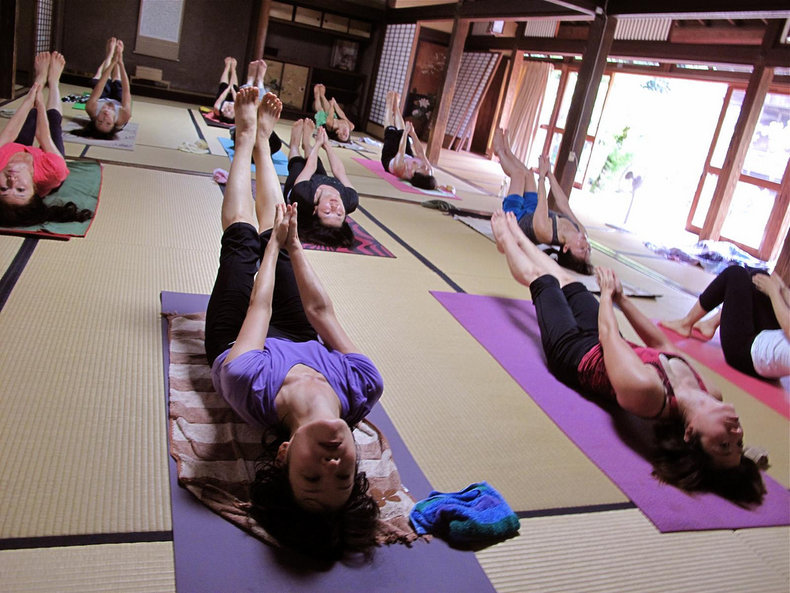
Interior Design
Traditional Japanese homes feature configurable and removable room dividers known as fusuma and shoji that allow rooms to be adjoined or separated for different purposes throughout the day.Toys
Toys based on interchangeable parts that allow children to reconfigure and reconstruct things according to instructions or the imagination.Code
Code that is structured into modules that perform common business or technical functions such as validating a credit card number.Transportation
A line of bicycles with standard interchangeable components such as tires that allows an old bike to be used as parts.Electronics
A mobile phone with a modular design constructed from swappable components.Architecture
The use of standard building elements such as shipping containers that can be reused for various structures.Shopping Bags
A cosmetics company packages items in high quality bags made from natural materials such as hemp that customers value and tend to reuse.Spacecraft
A launch system with recoverable and reusable booster rockets.Energy
Rechargeable batteries.Home
A reusable coffee filter that can be cleaned and used thousands of times.Fast Moving Consumer Goods
Beverages in returnable glass bottles that are cleaned and refilled.Cafe
A cafe that gives a minor discount to customers who bring their own cup.Novelty Items
A sticker that is designed to be removed and restuck.Quality Items
Where people view things as high quality they tend to be reused for longer and sold second-hand. For example, there is a healthy market for second-hand kimonos in Japan whereas t-shirts are viewed as disposable.Boxes
A supply chain that uses durable packaging that is reused as opposed to cardboard that needs to be recycled after each use.3d Printing Material
Materials for 3d printers that can be reused when a printed object fails to meet expectations.| Overview: Reusability | ||
Type | ||
Definition | The ease with which something can be used repeatedly. | |
Related Concepts | ||





